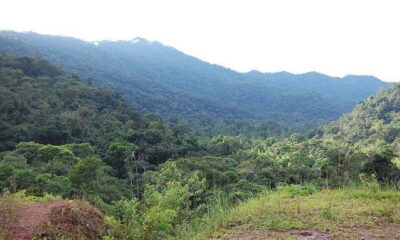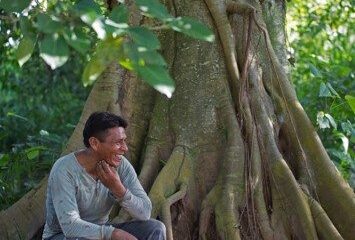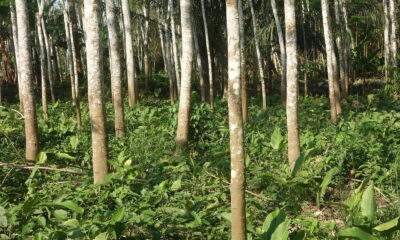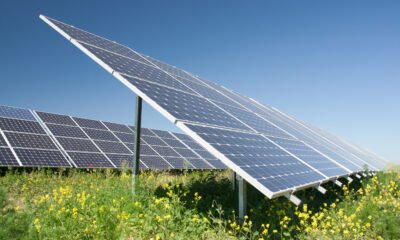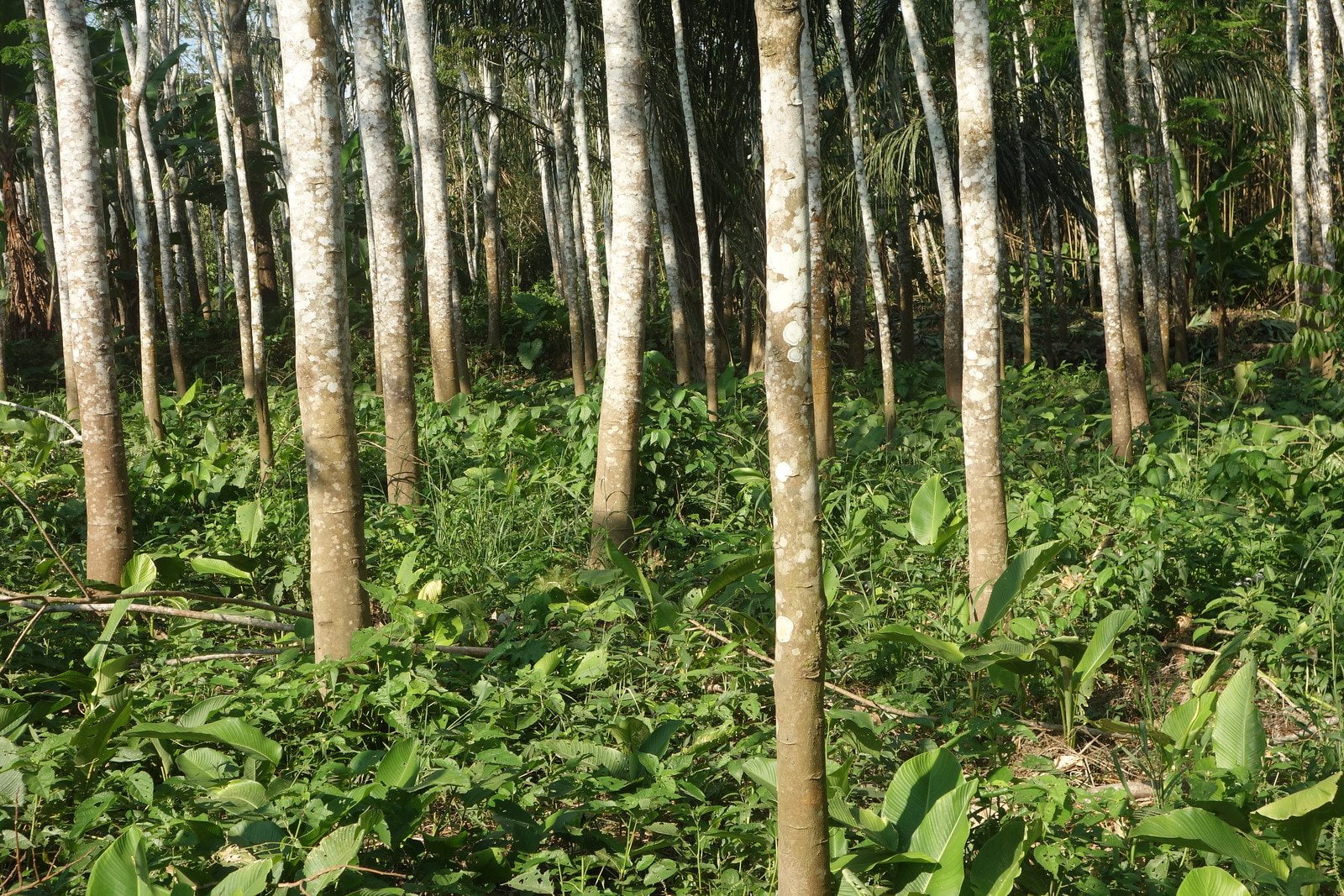
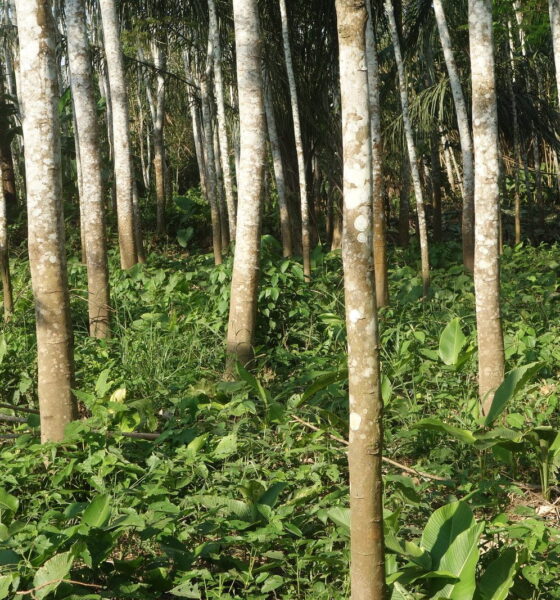
Environment
More than trees – why addressing poverty is critical to reforestation of the Amazon
“Each year the Amazon rainforest is disappearing at the rate of an area equivalent to Belgium, Wales, …” – so ran the headlines 20 years ago. Today, tropical deforestation is less of a headline grabber but the problem remains.
Over the last 20 years, climate change has taken centre stage, although carbon sequestration of trees is widely recognised as a critical part of the solution. In Bolivia, the carbon sink of the Amazon continues to be deforested at an alarming rate, chiefly by large scale agriculture, but also by poor smallholders. The tragedy is that these farmers are so desperately poor and lacking in land management skills that they are destroying this precious ecosystem by slash and burn subsistence farming.
In response, the United Nation’s Food and Agriculture Organisation piloted a reforestation project that puts poverty alleviation at the heart of reforestation. The success of this project led to its commercial upscaling under the name ArBolivia, with initial funding from the Flemish government. After 8 years, the operational success of the project is underpinned by a robust infrastructure of technical advisers and professional foresters that has enabled:
- 1000 smallholders to farm around 26,000 hectares of land more sustainably
- 5 million native hardwood trees to be grown
- 160,000 tonnes of carbon to be sequestered. Small World Consulting identified 30,000 cacao trees, 73,000 citrus trees and 18,000 shade trees to be grown
- 43 hectares of conservation areas
However this isn’t just about numbers or trees – it’s also about people’s livelihoods. For many of ArBolivia’s farmers, the maintenance payments they receive for looking after the trees are a crucial source of extra cash that enable them to buy daily essentials. Also, the technical advice enables them to earn a better income from their farms. Above all, farmers can break out of an invidious cycle of poverty. Unlike traditional ‘sustainable’ forestry projects which take profits out of the country, ArBolivia shares timber profits equally with the farmers who can then invest in the future prosperity of their children and grandchildren. Other agricultural initiatives and a timber harvesting and processing business have also been launched to help farmers get a better deal and earn their way out of grinding poverty.
Approximately 500 investors have been inspired to support ArBolivia through a UK based mutual society, the Cochabamba Project. Investors Jeff and Carey Glyn Jones sum up the motivation for investing when they say, “The last thing we wanted to do was to put our money into stocks and shares, which had no humanity to them. This is much more real and in tune with our beliefs.”
Remarkably, more than $6 million has been raised to date, but the project still needs $1.5 million over the next 6 years, since hardwood timber takes a long time to grow and income will only match costs in 2021. ArBolivia is therefore seeking socially motivated investors to be part of an established and pioneering project. You can donate money and get gift aid on your contribution, or you can invest by way of shares or loanstock, with the prospect of the return of capital and accumulated interest (not guaranteed). www.arbolivia.org.uk.


 Features6 months ago
Features6 months ago3 Ways an Outdoor Kitchen Can Make Your Home Eco-Friendly

 Energy11 months ago
Energy11 months agoComparing Renewable Energy: Solar Power, Wind, Hydro & Bio

 Features12 months ago
Features12 months agoCrypto Market Makers Are Becoming More Eco-Friendly

 Energy11 months ago
Energy11 months agoWhy Buying Into Silver Makes Sense For Renewables Investors
